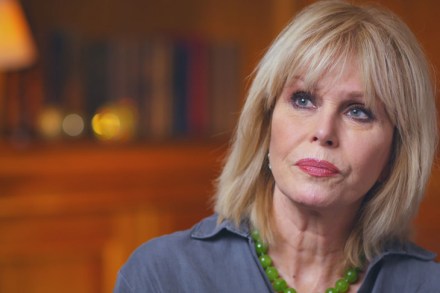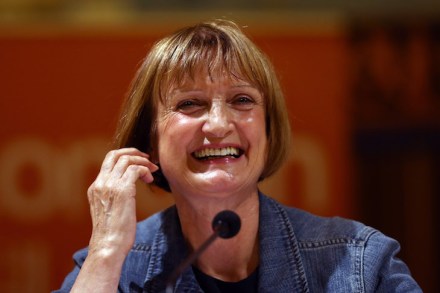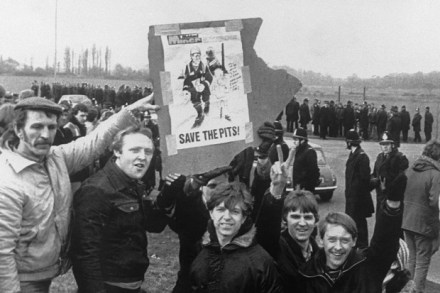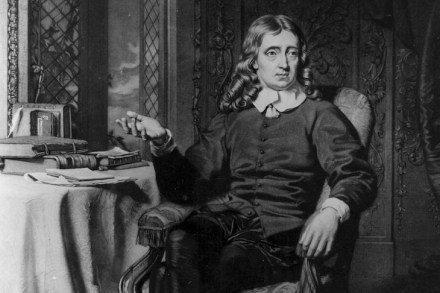Profit and loss | 19 July 2018
There’s been a lot of fuss and many column inches written about levels of pay at the BBC, as revealed in its latest Annual Report. Who gets too much? Why are women presenters still paid less than their male counterparts? What can be done to create more equality at the BBC? But all this controversy about money and gender is a red herring, diverting attention away from what we should be far more concerned about. Quietly, without fanfare, the BBC has been changing the way it makes and delivers its programmes. As the report also reveals, BBC Worldwide, set up in the 1990s as the ‘commercial’ wing of the BBC,




















